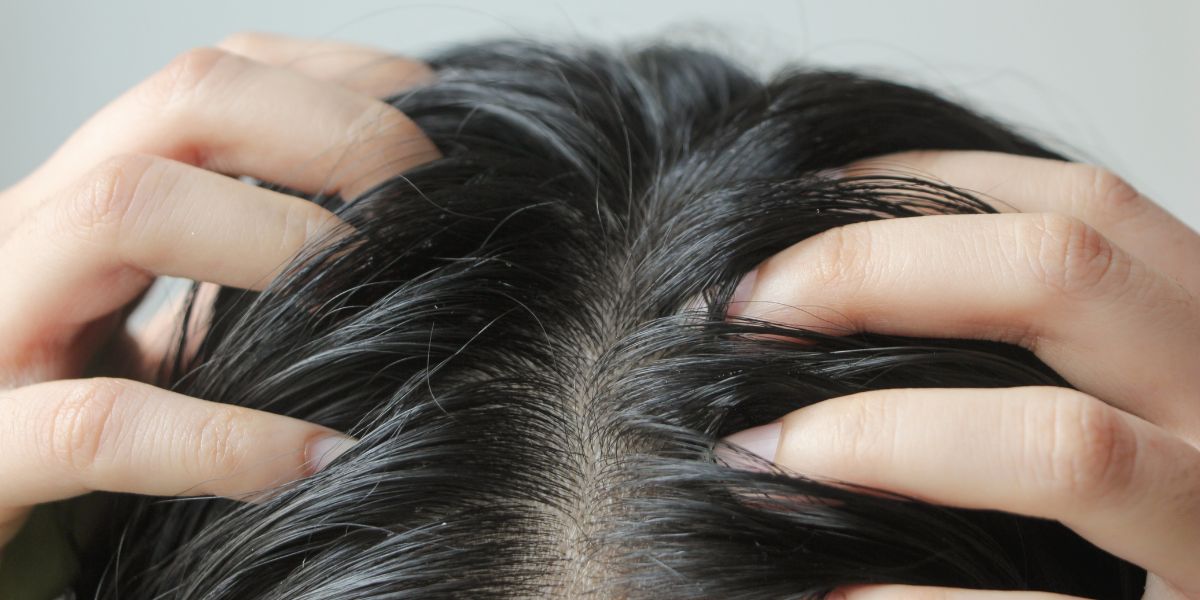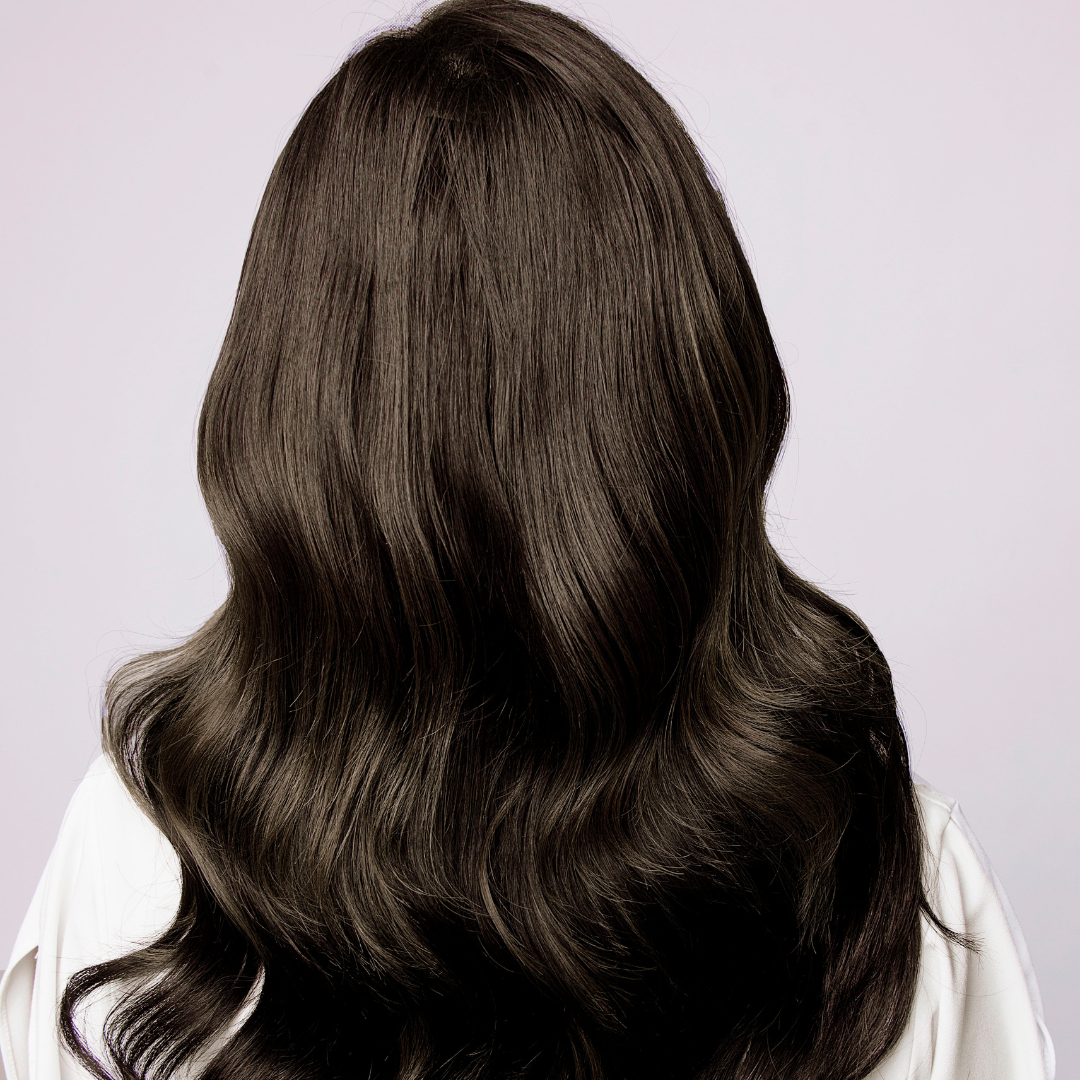Hair loss is a common concern among women, and it can be a frustrating and distressing experience. However, it is important to understand that hair fall is not always a negative sign and can often be reversed with proper treatments or home remedies. In this article, we will discuss some of the common causes of hair loss in women and the various treatment options available.
Alopecia areata - One cause of hair loss in women is alopecia areata, which is an autoimmune disorder that leads to patchy baldness on the scalp, eyebrows, eyelashes, and beard area. The exact cause of alopecia areata is unknown, but it may be triggered by stress or illness.
Hormonal changes - Hormonal changes during pregnancy and menopause can also lead to hair loss in women. These changes can cause an imbalance between estrogen and progesterone levels in the body, which can lead to hormonal imbalances and hair fall.
Poor nutrition - Poor nutrition can also contribute to hair loss. A lack of essential vitamins and nutrients in the diet can lead to malnutrition and hair loss. Additionally, eating disorders such as binge eating or bulimia nervosa can lead to nutritional deficiencies and hair loss.
Ageing - Aging can also cause hair loss in women. As we age, our bodies produce fewer hormones that help keep hair follicles healthy, leading to thinning of the scalp and an increase in hair fall.
Genetic factors - Genetics also play a role in hair loss. Some people have a family history of baldness or excessive hair fall, which may indicate that they will develop this problem at an early age. Stress and environmental factors such as pollution and smoking can also contribute to genetic hair loss.Some people have a family history of baldness or excessive hair fall, indicating that they may develop this problem at an early age. Premature baldness is caused by heredity and is passed down from one generation to another through genes. It can also occur due to stress and other environmental factors such as pollution, smoking, etc.
Autoimmune diseases - Autoimmune diseases such as lupus and Hashimoto's thyroiditis can also cause hair loss. Lupus can cause hair loss and inflammation in other parts of the body, while Hashimoto's thyroiditis can cause hair loss along with symptoms such as fatigue, weight gain, depression, and muscle aches.
HAIR FALL TREATMENT OPTIONS
To treat hair loss, some options include drinking plenty of water, taking biotin supplements, consuming foods high in Vitamin E, and massaging hair with natural oils. Ayurvedic treatments, home remedies, and herbal therapies can also be effective in treating hair loss. It is important to choose a treatment that works best for you and to be consistent with the treatment plan. Hair loss treatment can take several months to years to see results.

Drink plenty of water: Water keeps our body hydrated, which also keeps our skin and scalp hydrated!
Biotin: Biotin is essential for healthy hair growth and maintenance. It helps in the production of keratin which is vital for hair growth. Biotin can be found in foods like egg yolk, almonds, bananas, legumes etc. You can also take biotin supplements if your diet doesn't include these foods regularly.
Vitamin E: Vitamin E acts as an antioxidant and helps prevent free radical damage to the body's cells which can lead to hair loss. Vitamin E capsules can be taken daily with meals to improve overall health and prevent hair loss. It also strengthens the capillaries, which supply blood to the scalp, thereby increasing circulation of oxygenated blood, which improves overall scalp health, thereby preventing.
Natural Hair Oils: Massaging your hair gently with natural hair oils like Revitalize can help treat hair fall very effectively. It usually takes three months to see the first signs of improvement, and consistency is a must when following a hair massage regime.
There could be many reasons for hair fall in women: the genetic structure, immune system, age or its change in your life, nutritional status and health etc. Several treatments are available for hair fall: nutrition therapy, Ayurvedic treatments, home remedies, and herbal therapies. You must choose the one that suits you best and helps you treat hair fall naturally.




Comment
My hair is thinning and I would like information on restoring my hair